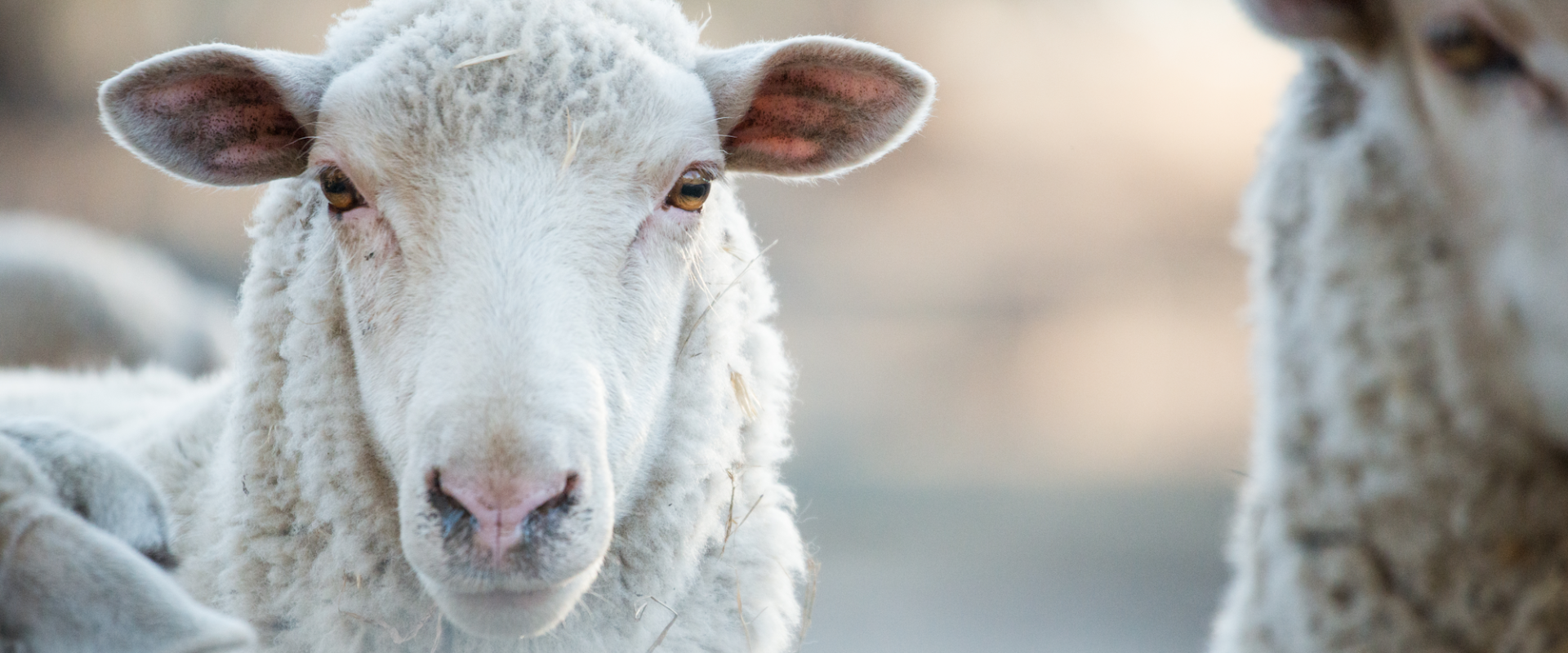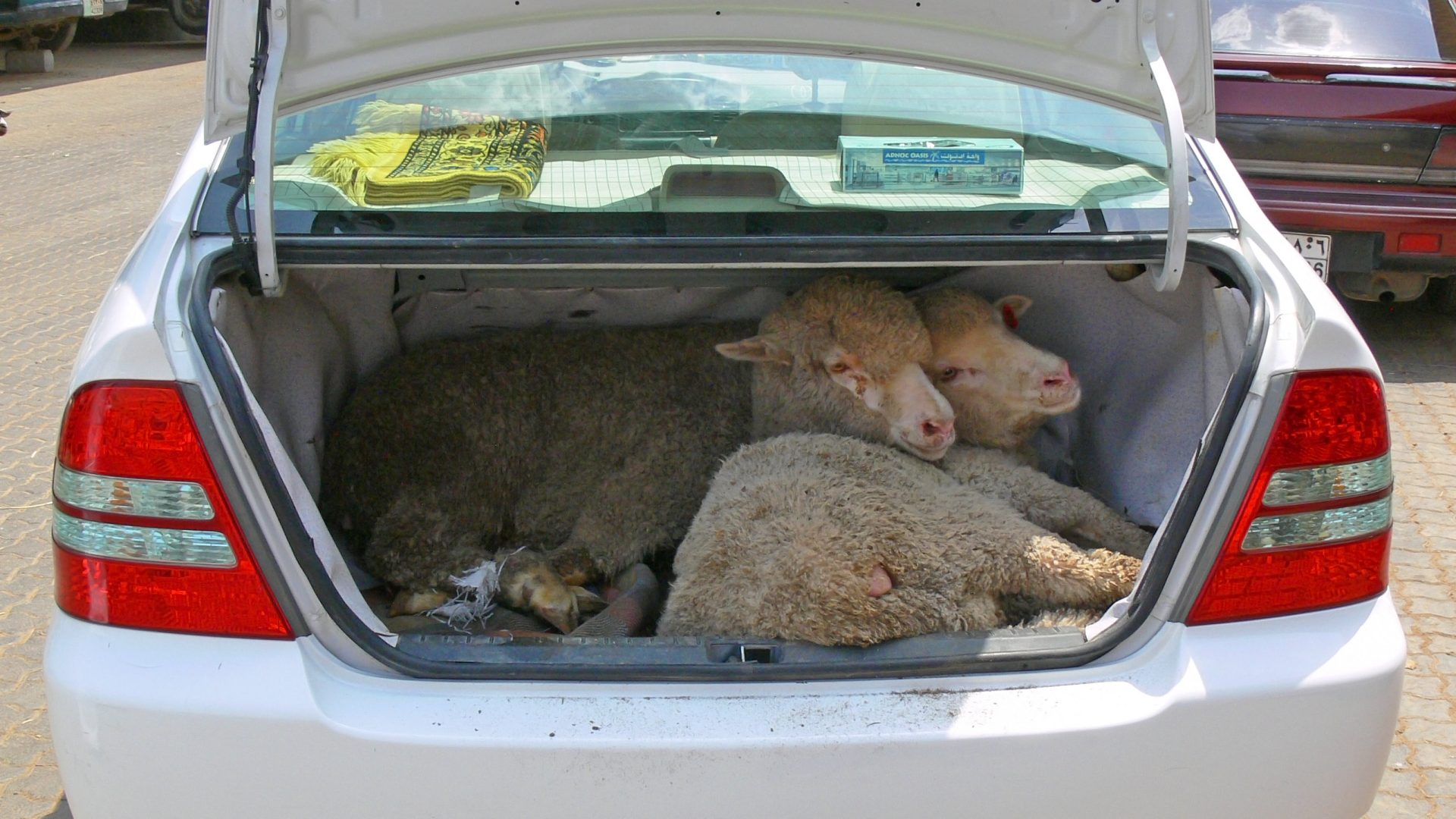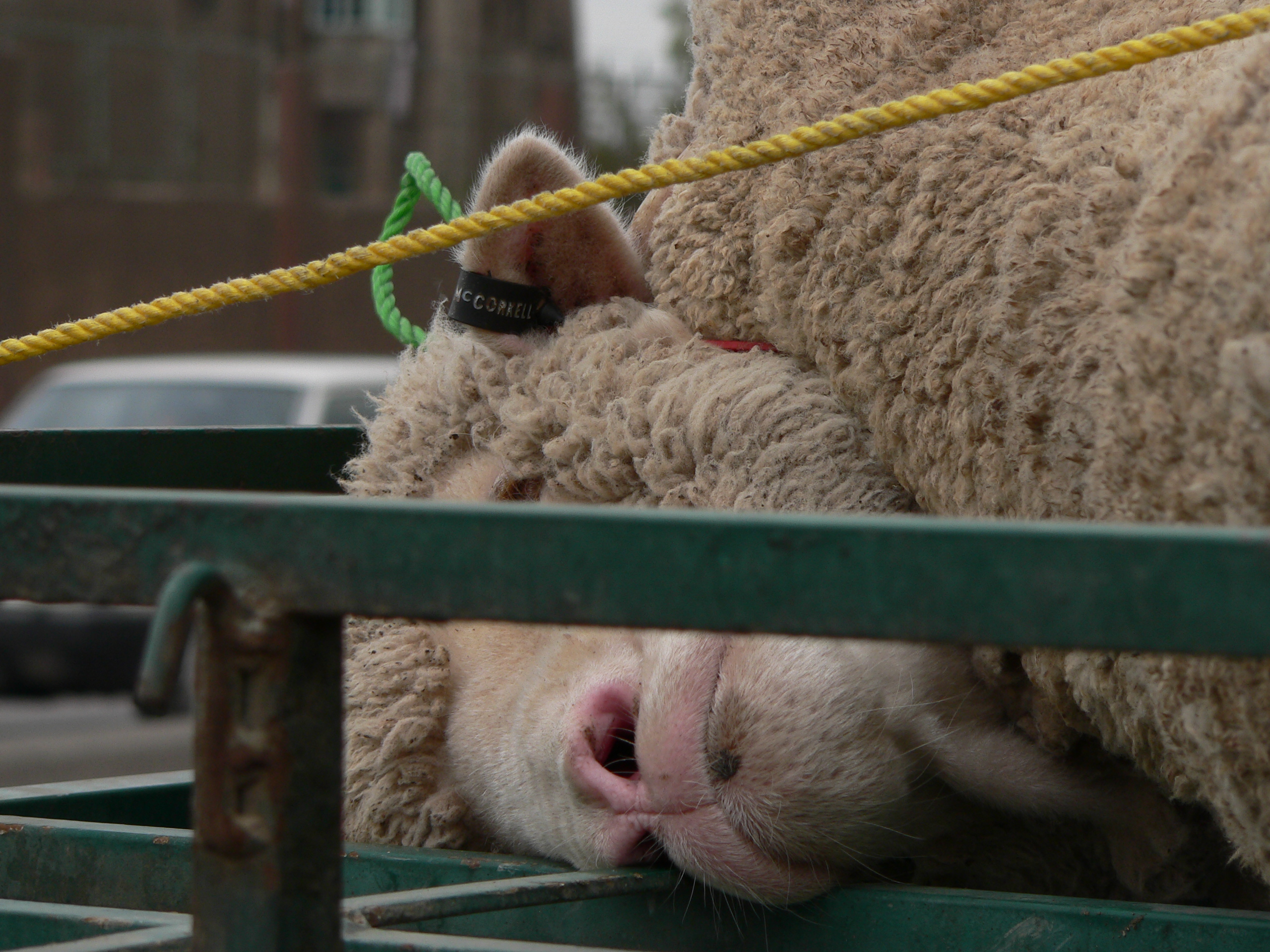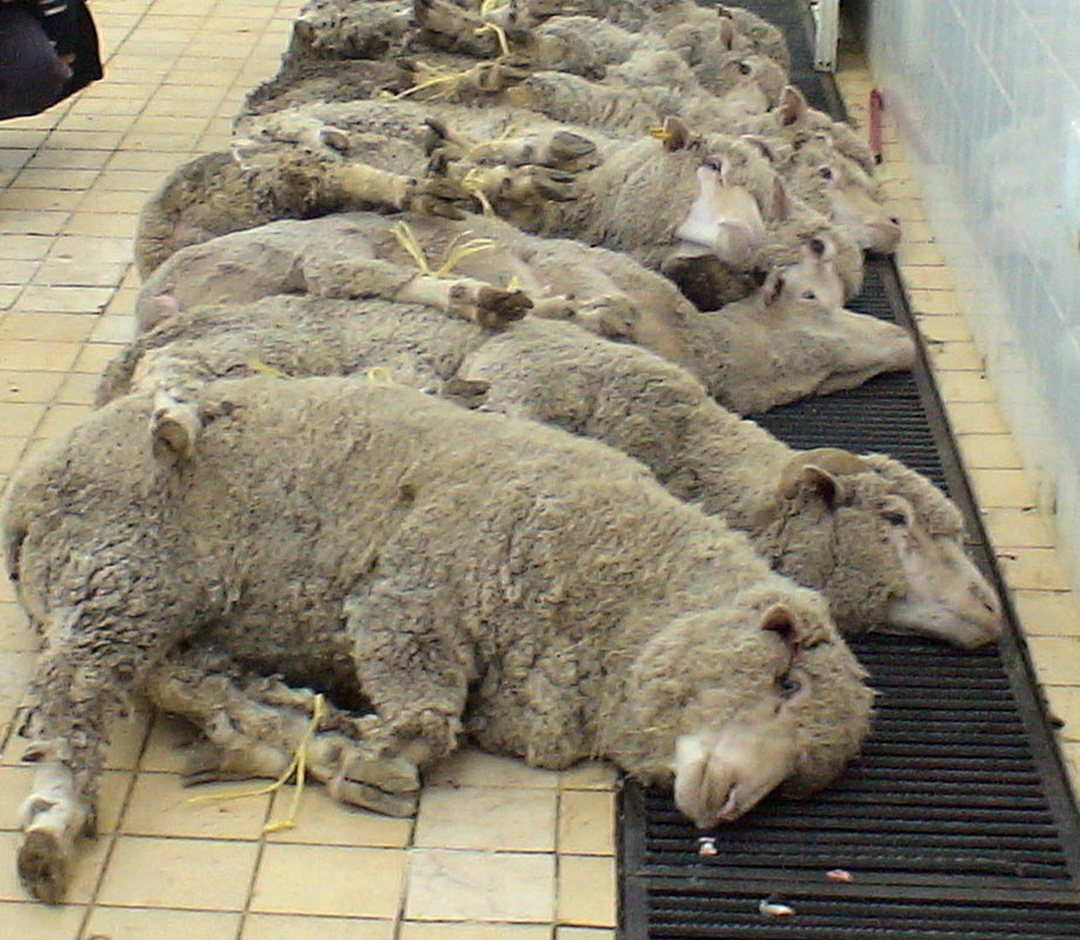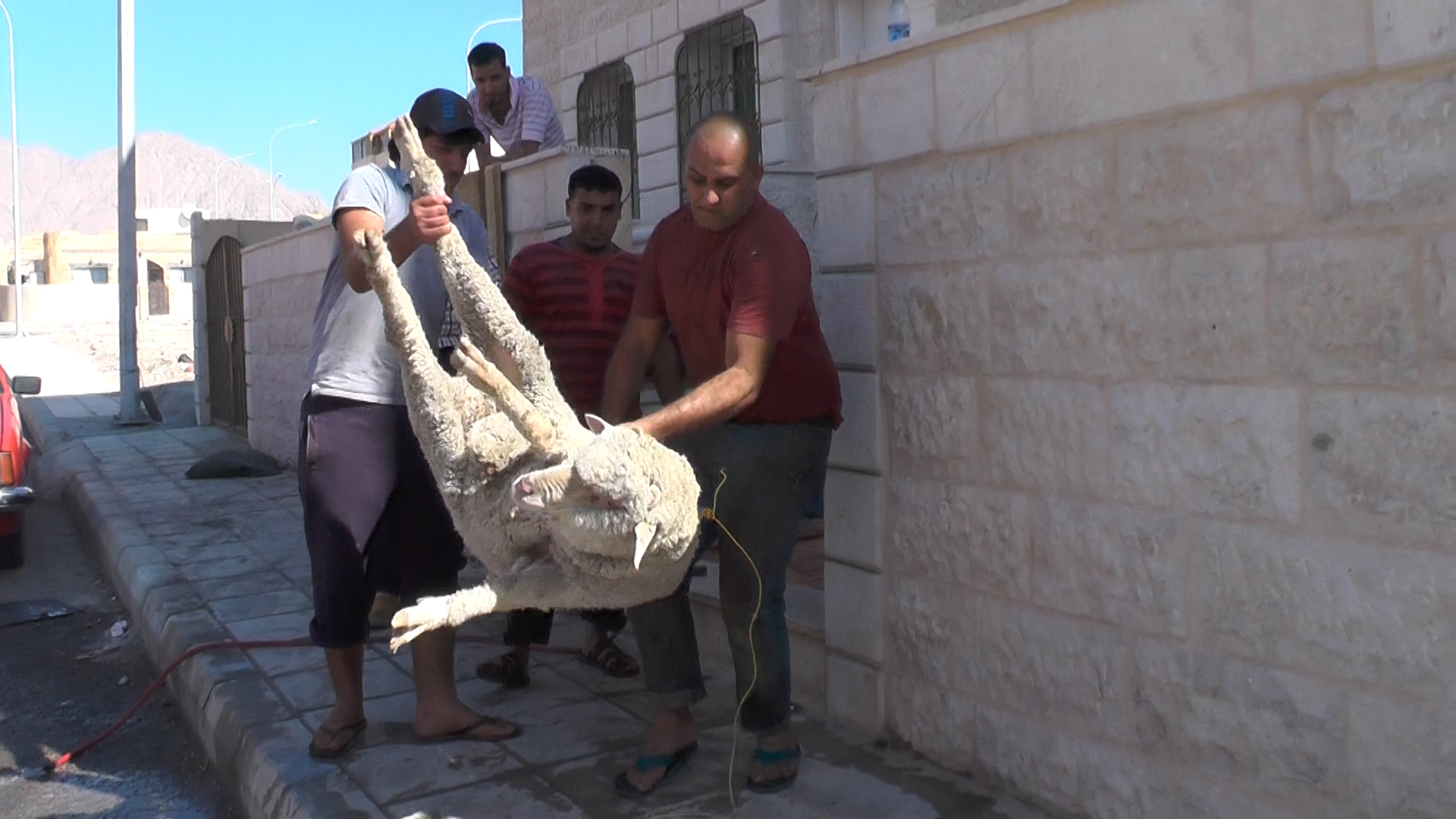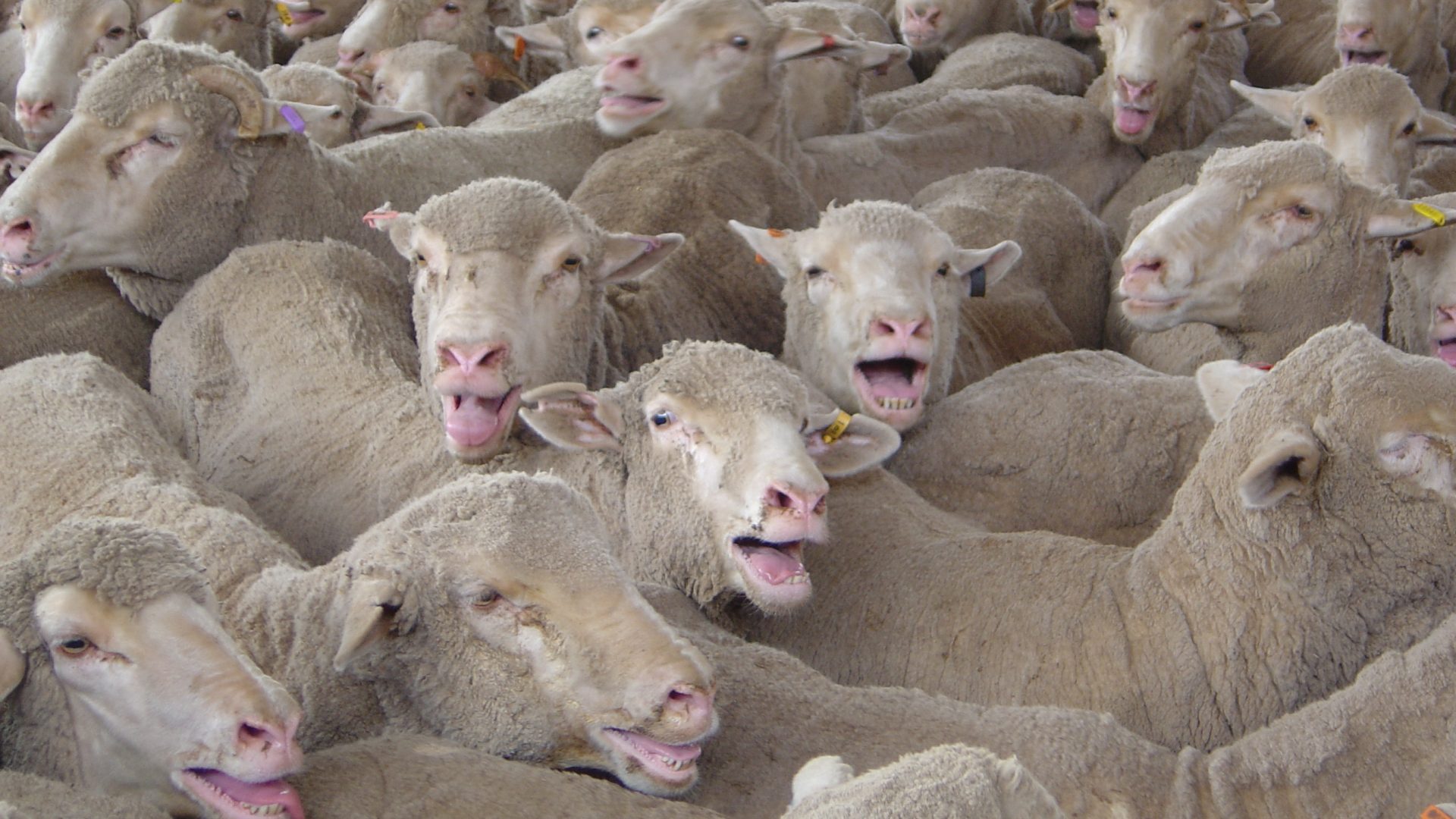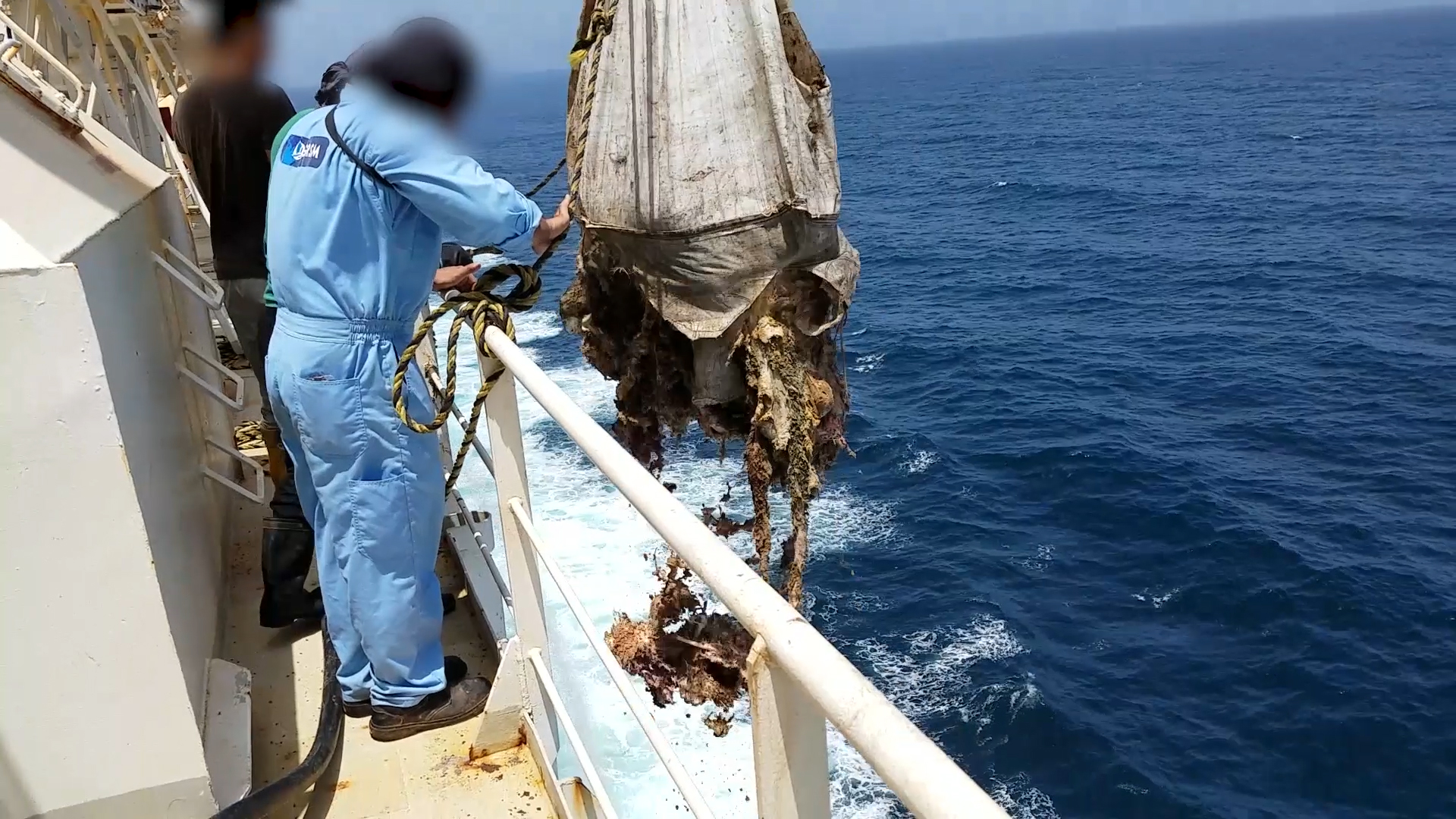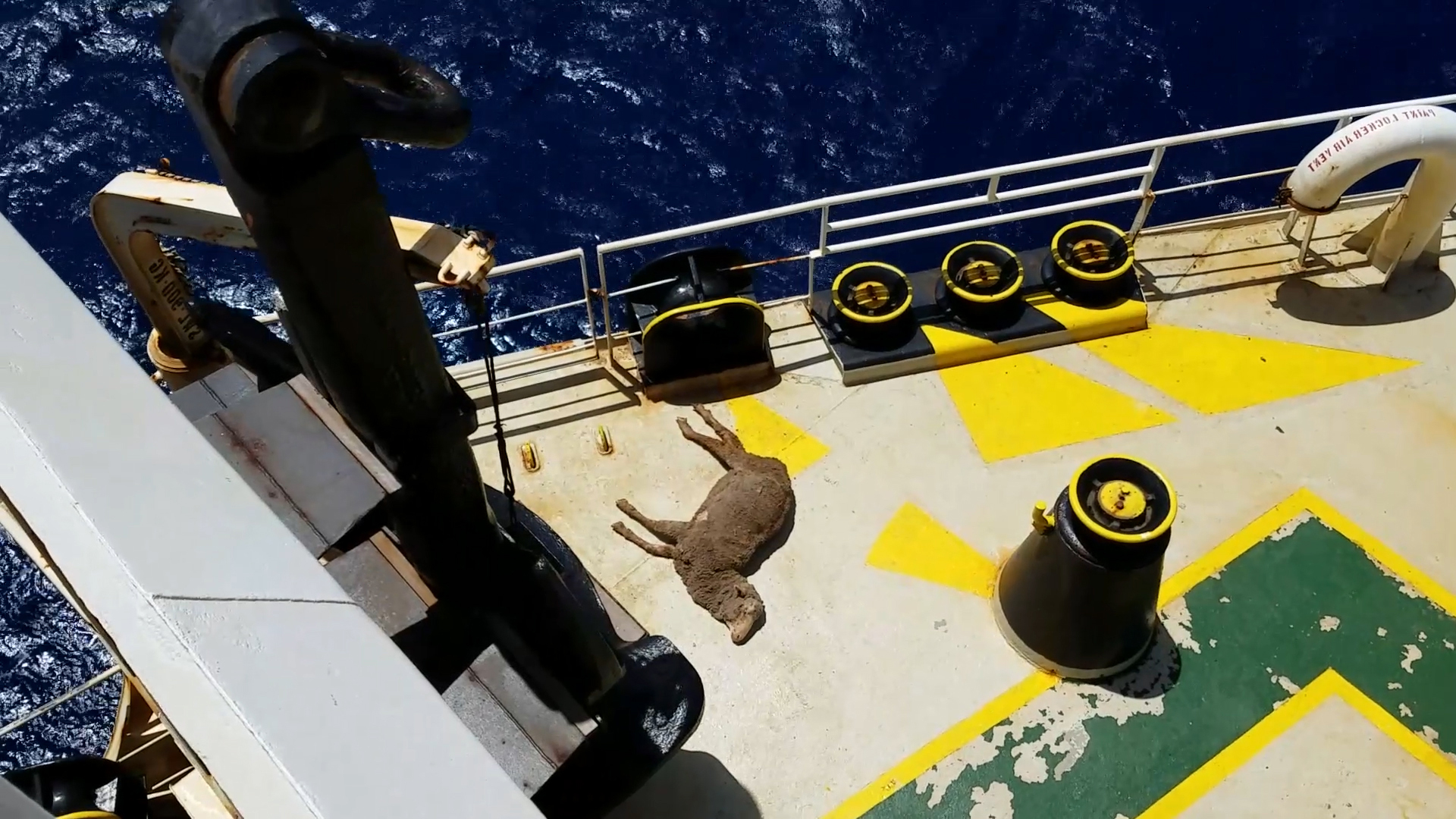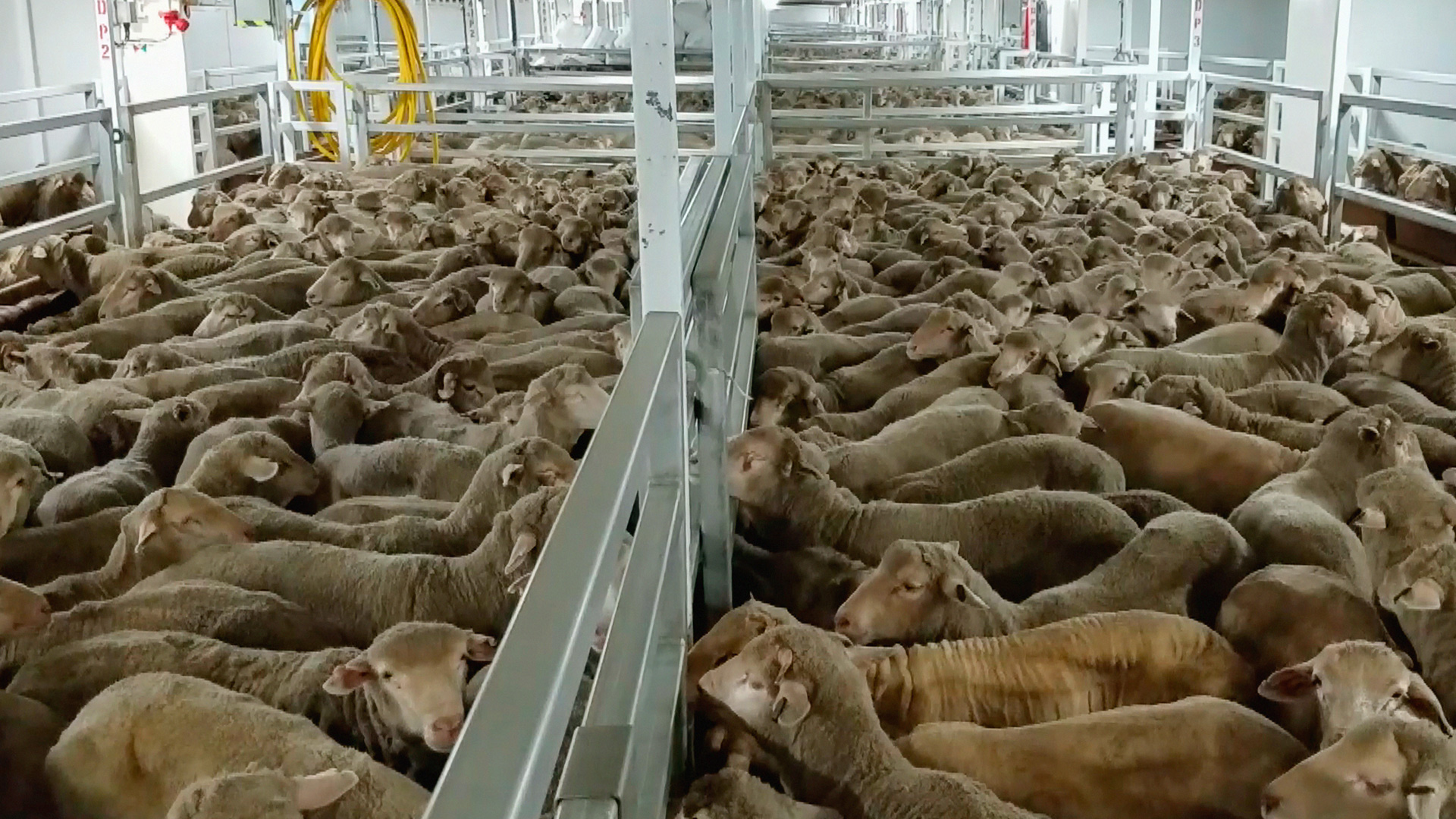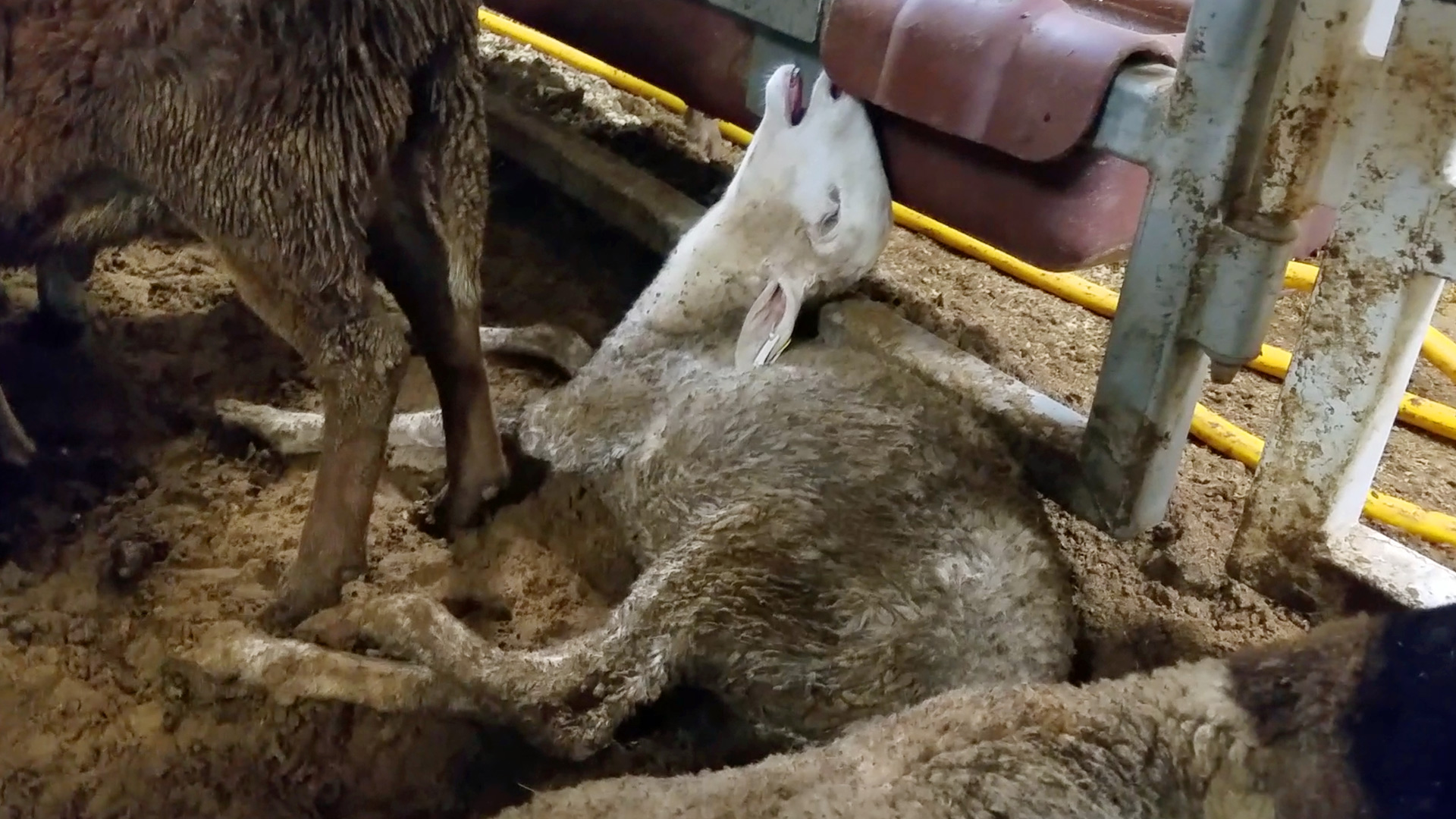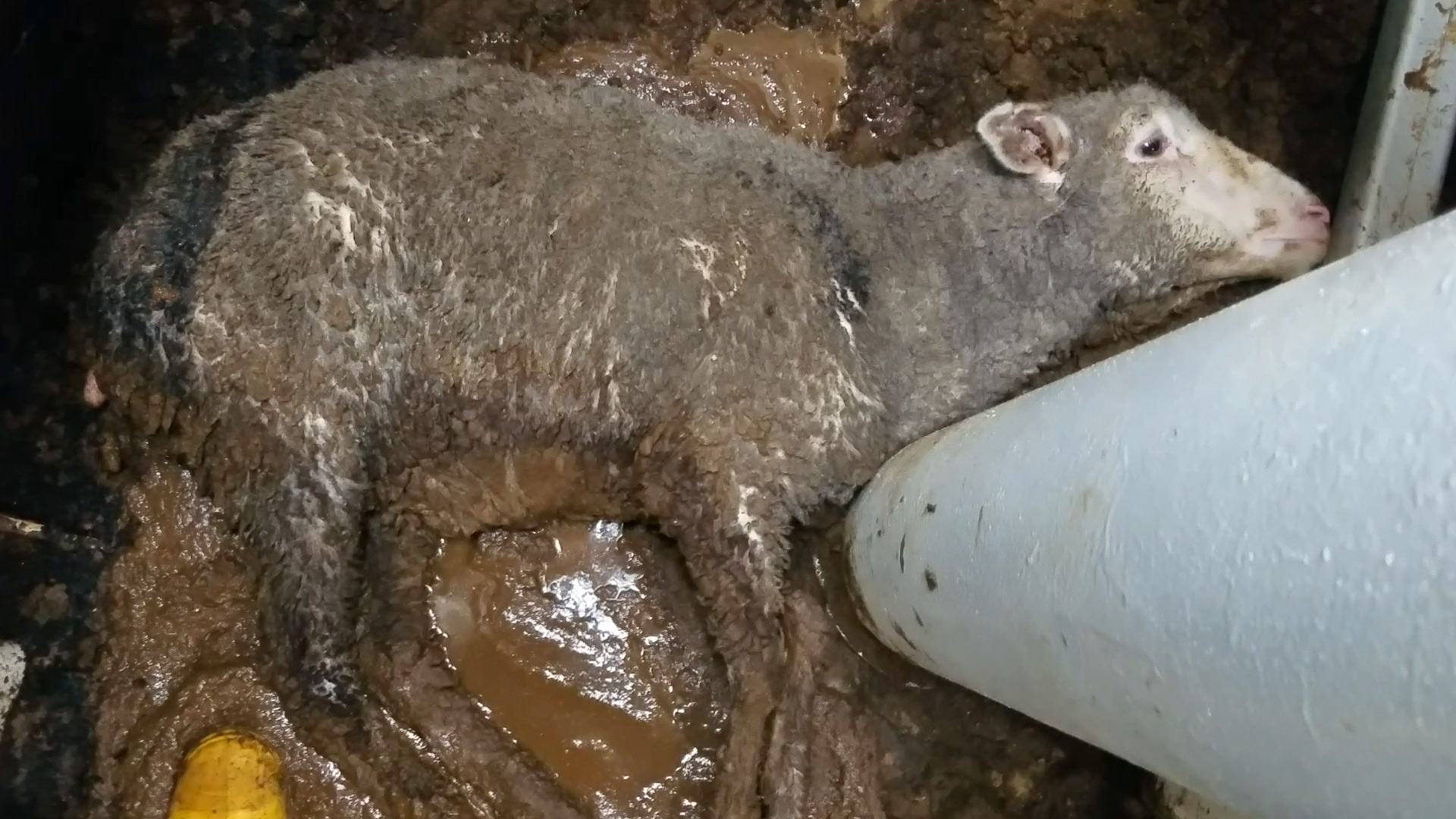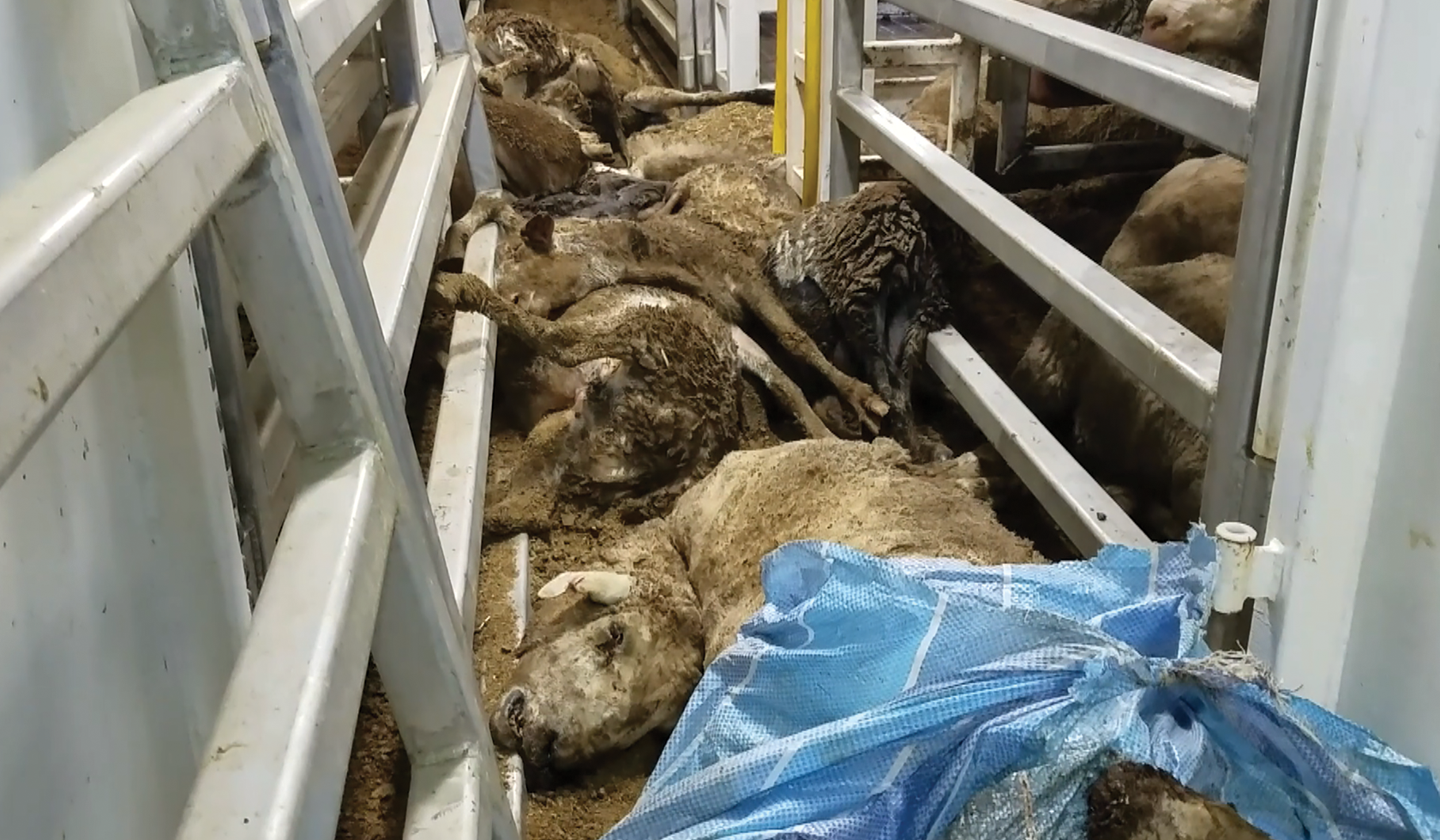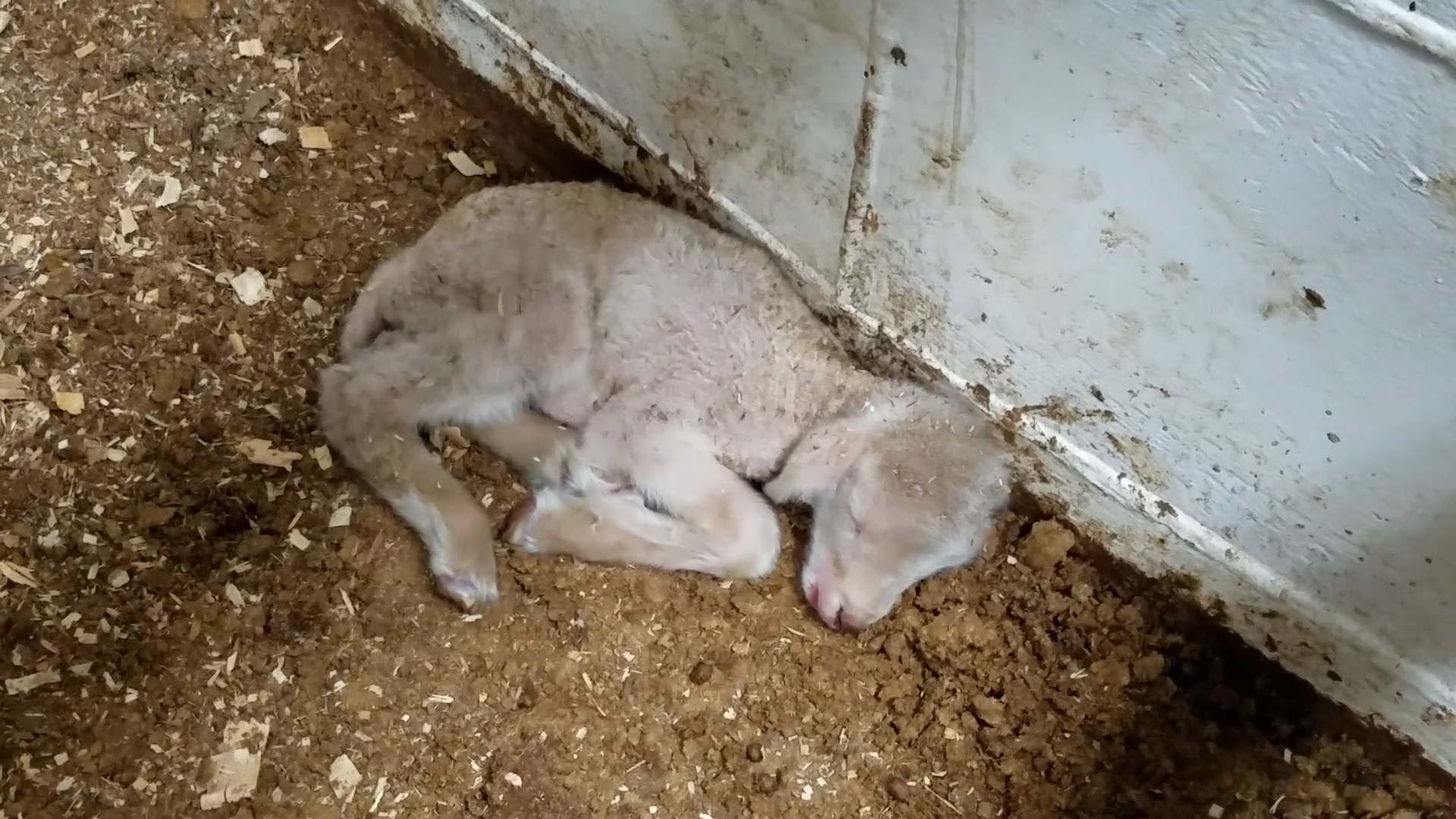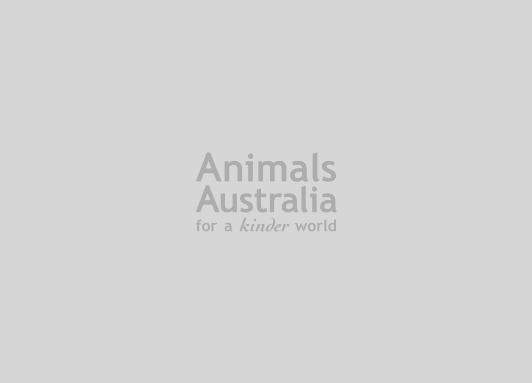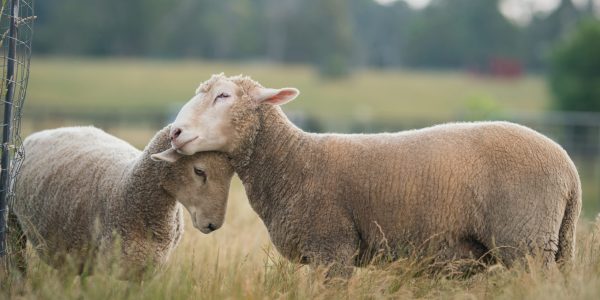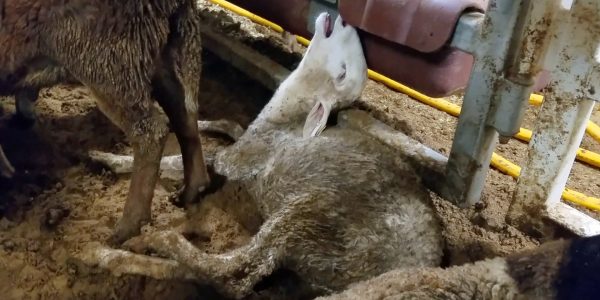A trade built on cruelty.
It has never made sense – logical or ethical – to send animals on risky sea voyages half way around the world just to be killed for their meat when they arrive at their destination. In fact it was back in 1985 that an Australian government committee concluded that on animal welfare grounds alone, live export should end.
But the industry’s greatest strength, and the very thing that leaves animals so vulnerable, has been that its activities occur far out of sight of caring Australians – on the open ocean and in countries thousands of kilometres away.
Animals Australia’s first live export investigation in 2003 lifted the lid on this veil of secrecy and exposed the suffering endemic to this trade. It would take dozens more investigations, multiple major media exposés and a shipping catastrophe that rocked the nation, before an Australian government would heed the recommendation proffered nearly four decades ago.
The ALP weighed up the political benefits of ending a trade that all politicians knew was built on an acceptance of suffering. It helped the ALP get elected. Plans are now underway to determine the logistics and timeframe of phasing out live sheep exports.

